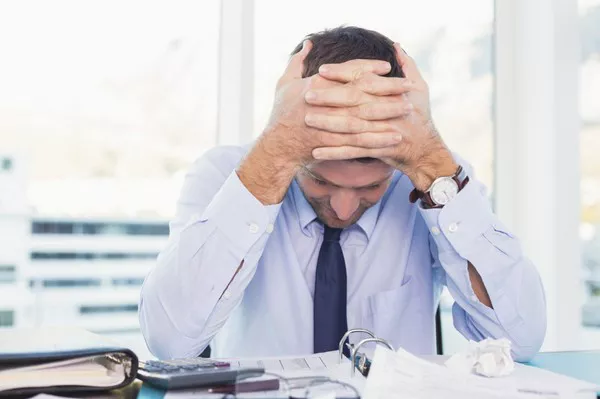Mental health professionals are sounding alarms about skyrocketing rates of relationship anxiety, particularly among millennials and Gen Z. A comprehensive study across 15 countries found that 68% of singles aged 18-35 report significant anxiety about romantic commitments – more than double the rate from 20 years ago. Experts point to a perfect storm of contributing factors: dating app culture, pandemic isolation, shifting gender norms, and economic instability that makes long-term planning feel impossible.
Dr. Sarah Lim, clinical psychologist and author of “Anxious Hearts,” explains: “Modern dating is essentially an anxiety-producing machine. The illusion of infinite choice creates decision paralysis. Ghosting culture breeds insecurity.
Many young adults have never witnessed stable relationships up close.” The data reveals troubling patterns – 73% of app users report “post-date anxiety” after even successful encounters, while 61% admit to self-sabotaging promising relationships due to unfounded fears.
Cultural shifts have created new anxiety triggers unknown to previous generations. “The rise of ‘situationships’ means many lack clear relationship definitions,” notes sociologist Dr. Mark Chen. “Ambiguity becomes fertile ground for anxiety.” Economic factors compound the issue – with housing costs preventing cohabitation, many couples face prolonged uncertainty about relationship progression.
Treatment centers are adapting with specialized programs. The London Relationship Anxiety Clinic reports a 300% increase in young adult patients. Their intensive program combines attachment theory, exposure therapy for dating situations, and practical skills for navigating modern romance. “We’re essentially teaching relationship literacy,” says clinical director Dr. Emma Walsh. “Many clients have never learned how to healthily express needs or sit with normal relationship discomforts.”




















